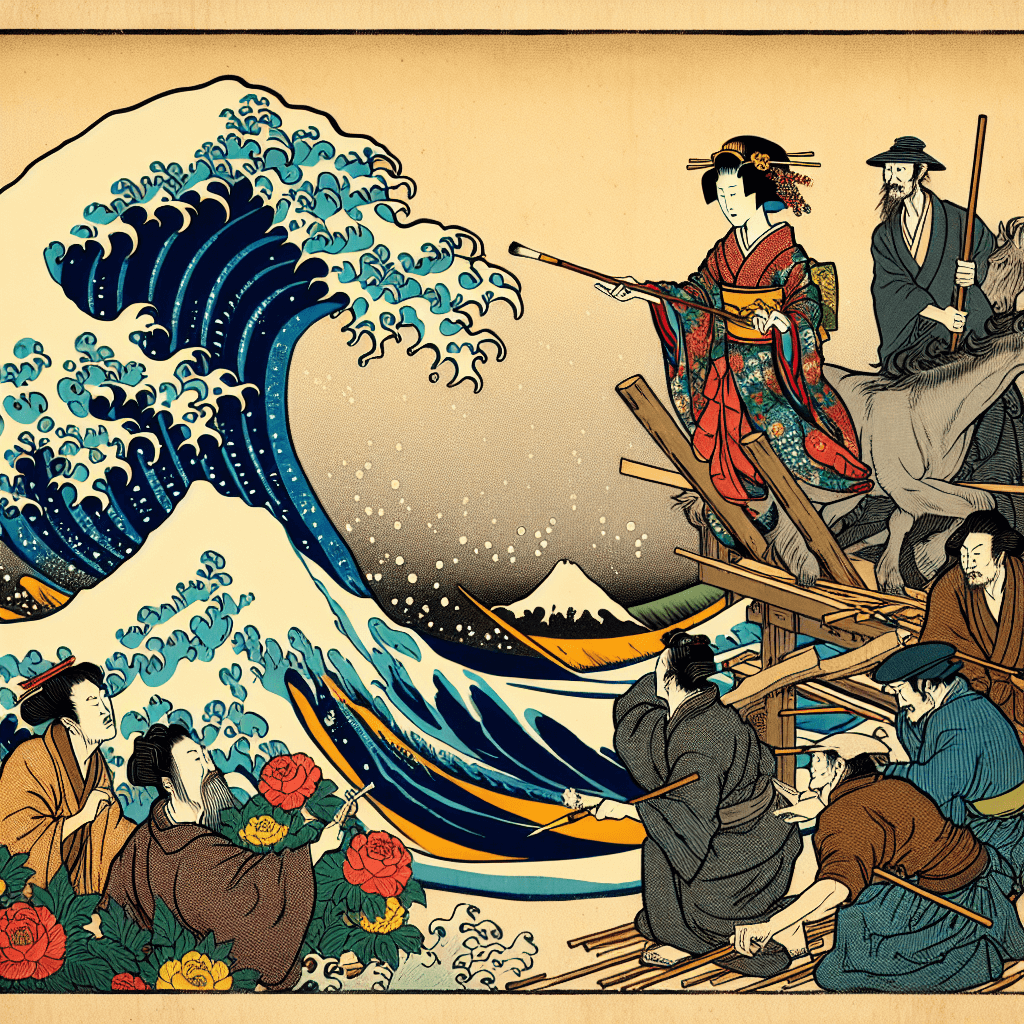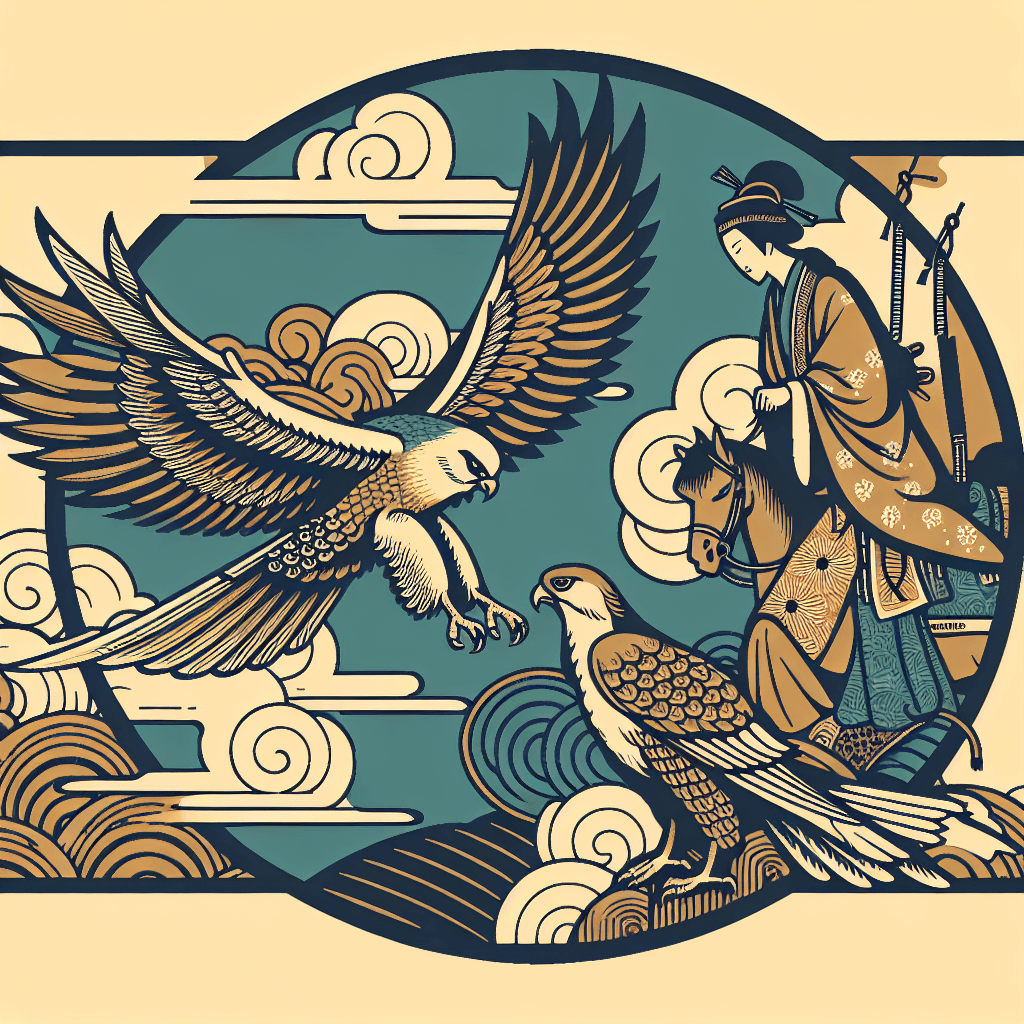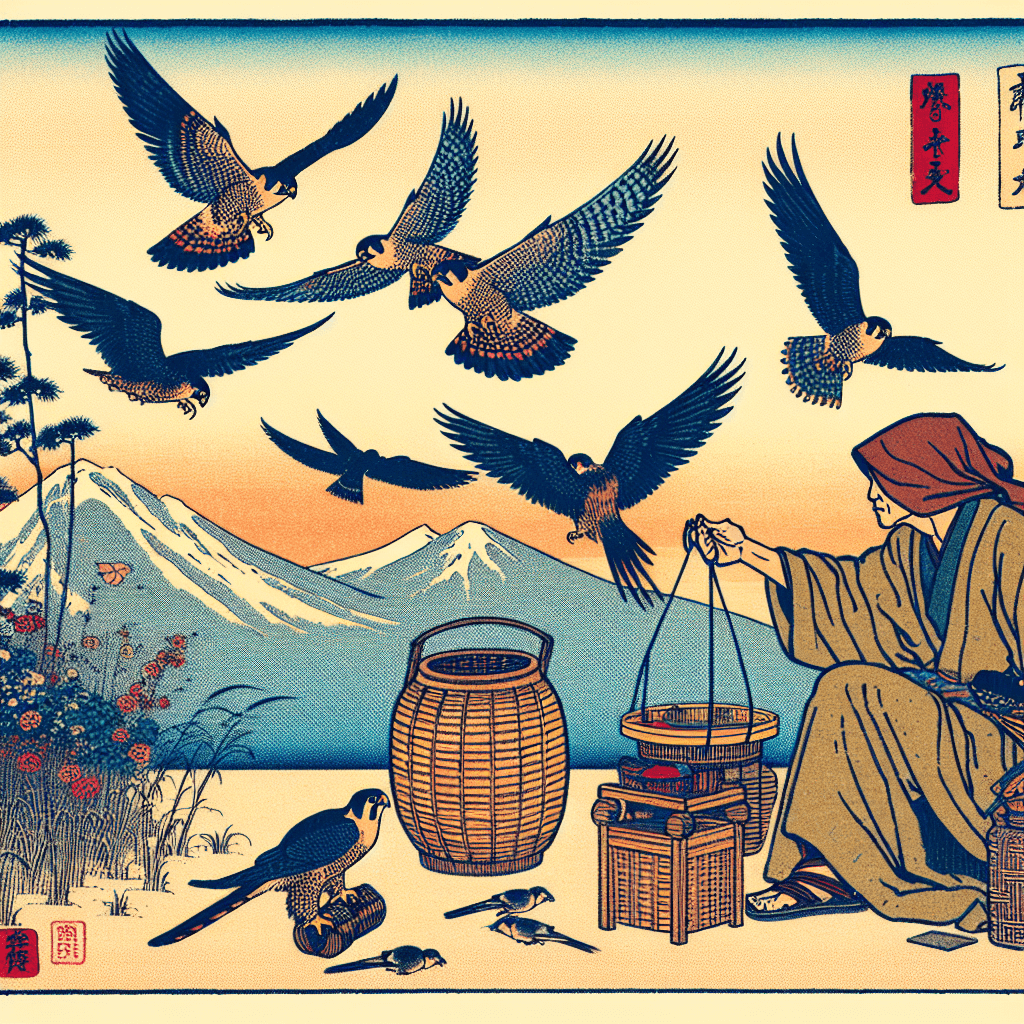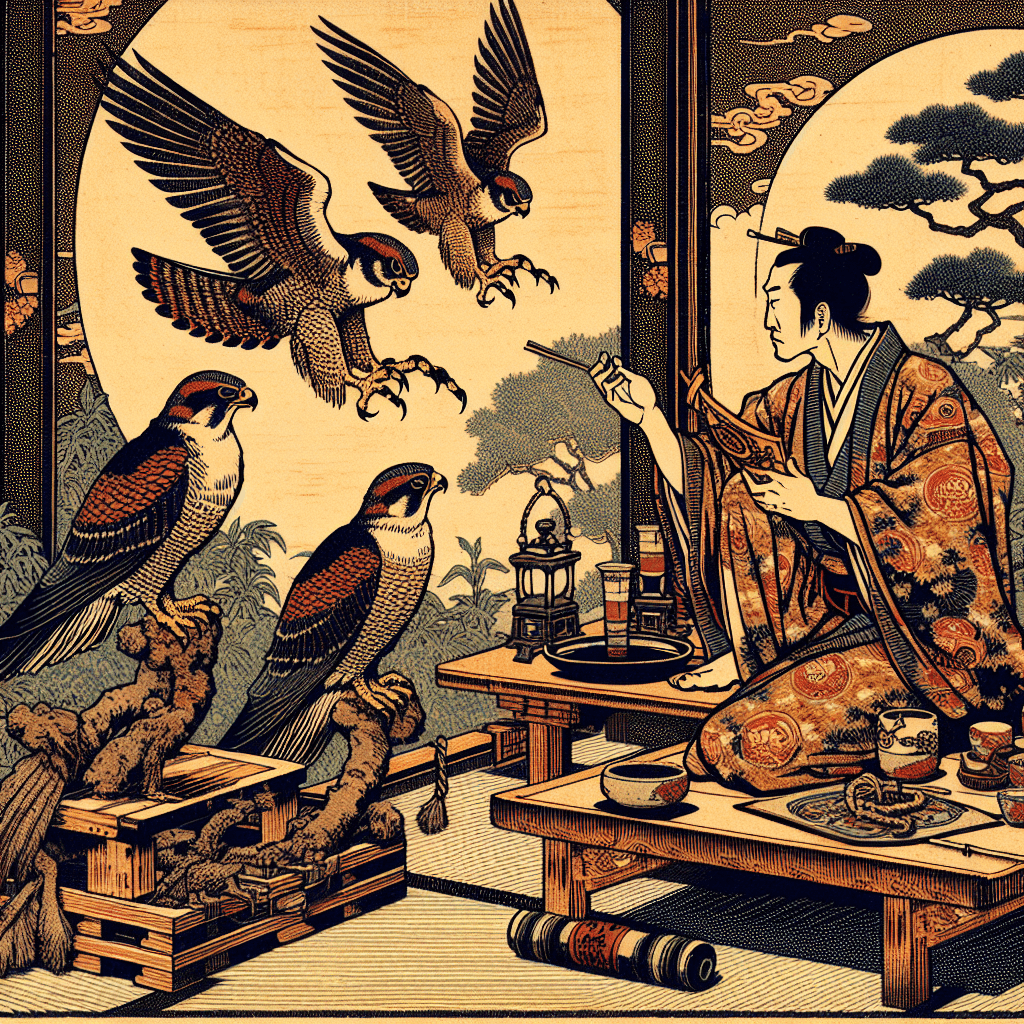Falcons and Augury in Ancient Egyptian Culture: An In-depth Look
syndu | Sept. 15, 2023, 11:23 a.m.
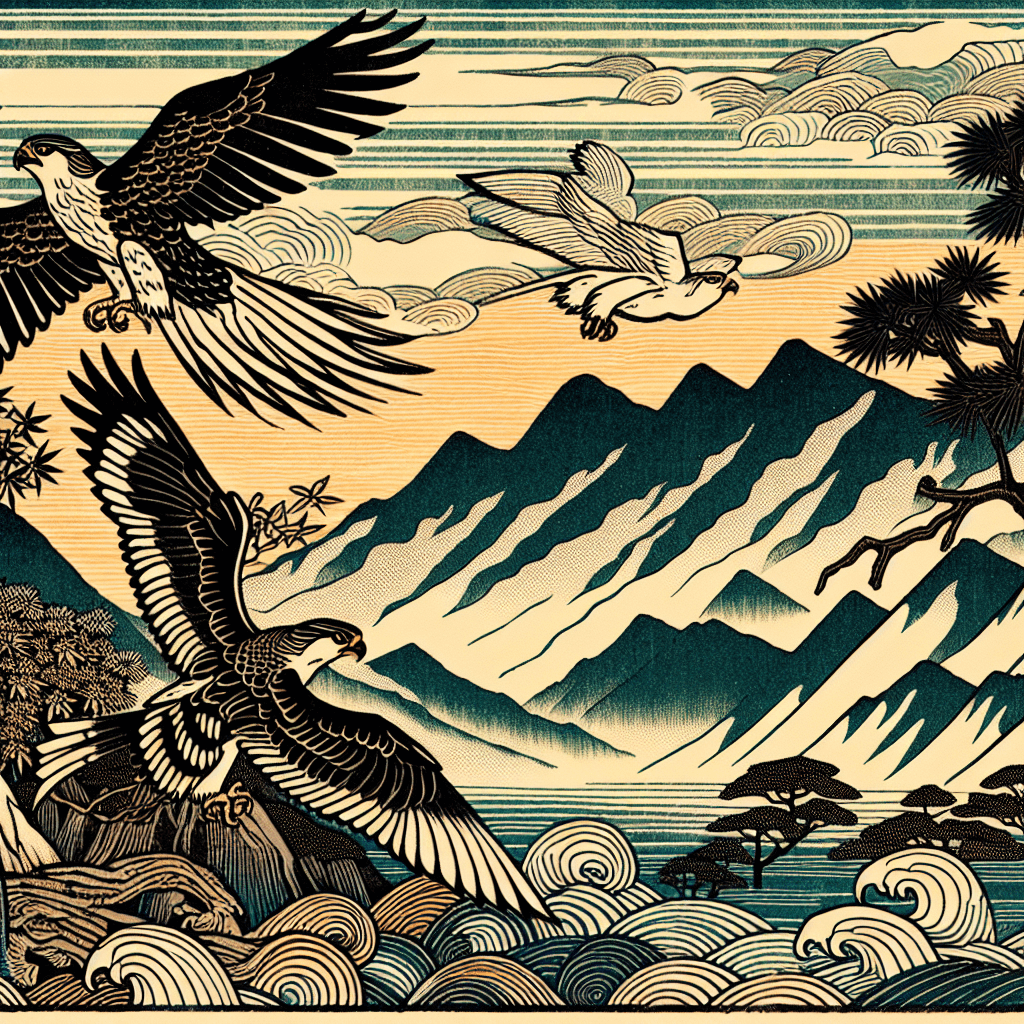
Falcons and Augury in Ancient Egyptian Culture: An In-depth Look
Hello dear readers,
Today, we journey back in time to the land of pyramids and pharaohs to explore two intriguing aspects of ancient Egyptian culture - the veneration of falcons and the practice of augury.
1. Falcons in Ancient Egyptian Culture
In ancient Egyptian culture, falcons were deeply revered and held a significant place in their religion and mythology. The falcon was associated with the sky god Horus, one of the most important deities in the Egyptian pantheon. Horus was often depicted as a man with the head of a falcon.
The ancient Egyptians admired the falcon for its keen eyesight, speed, and hunting prowess. These traits, combined with its ability to soar high in the sky, made the falcon a symbol of the divine king's power and the embodiment of the sky, the sun, and the heavens.
2. Falconry in Ancient Egypt
While there is no definitive evidence of falconry (the training of birds of prey to hunt) being practiced in ancient Egypt, falcons were certainly captured and kept for religious purposes. They were often mummified and buried with pharaohs to accompany and protect them in the afterlife.
3. Augury in Ancient Egyptian Culture
Augury, the practice of interpreting omens from the observed behavior of birds, was also prevalent in ancient Egypt. This form of divination was used to predict future events and understand the will of the gods.
In Egyptian augury, the behavior, flight pattern, and calls of birds were observed and interpreted. Each bird species was believed to have its own unique significance. For instance, the ibis, associated with the god Thoth, was considered a particularly auspicious bird.
4. The Role of Priests in Augury
In ancient Egypt, priests played a crucial role in augury. They were believed to have the ability to communicate with the gods and interpret their will. Priests would observe the behavior of birds and other natural phenomena and use these observations to make predictions and decisions that would affect the entire kingdom.
5. Modern Interpretations
While these practices may not be as prevalent today, they continue to hold cultural and historical significance. The falcon remains a powerful symbol in Egypt, and the practice of augury, though less common, offers a fascinating glimpse into the beliefs and customs of ancient Egypt.
In conclusion, the falcon and the practice of augury provide a window into the rich and complex tapestry of ancient Egyptian culture, reflecting their deep reverence for nature and their intricate belief system.
Stay tuned for more insights into the world's diverse cultures.
Until next time,
Lilith




